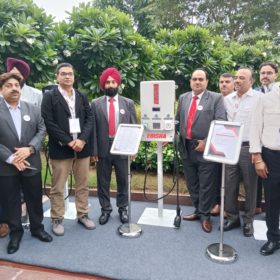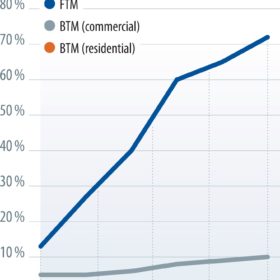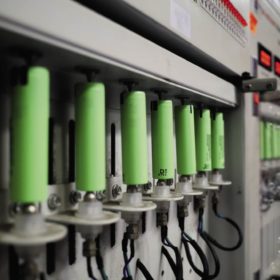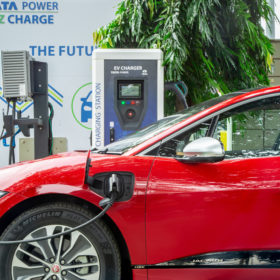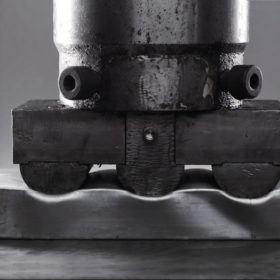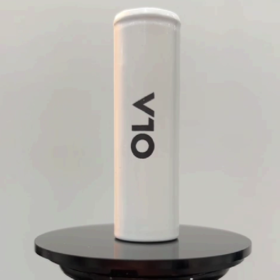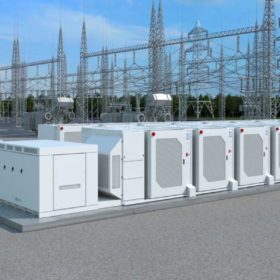Erisha E Mobility launches EVs and EV charging stations, eyes battery manufacturing
The electric vehicle (EV) manufacturer has launched electric cargo and passenger vehicles in the L5 category, along with EV charging stations. It also plans gigawatt-scale production of EV batteries soon.
The long read: China’s policy-driven battery boom
The rise of electric vehicles brings rapid technological advancement and cost reductions to lithium ion battery manufacturing, which can serve to make batteries more useful and more profitable for the energy storage industry. However, the use of stationary batteries as energy assets is still at a nascent stage. Most markets and business models are immature, and InfoLink analyst Yuan Fang-wei sees policy as the major driving force to lead and stimulate China’s energy storage market.
Battery cell manufacturing in India could attract over $9 billion in investment by 2030, says ICRA
A new report by ICRA says rising electric-vehicle penetration will drive significant investment in battery cell manufacturing in India. It expects EV battery demand in the nation to touch 15 GWh by 2025 and 60 GWh by 2030.
Reliance Industries presents scaled-up solar, battery ambitions
Reliance Industries says that production will begin at its 10 GW factory for solar cells and modules by 2024. It plans to double the facility’s capacity to 20 GW by 2026 and is aiming for 50 GWh of annual cell-to-pack battery capacity by 2027.
India’s EV sales to annually surge 49% in 2021-30 period, says IESA
A new India Energy Storage Alliance (IESA) report projects electric vehicle sales to grow by as much as 49% per year to 17 million units by 2030, with electric two-wheelers accounting for almost 88% of total demand.
Rajesh Exports to set up 5 GWh lithion-ion cell factory
The Bengaluru-headquartered gold refiner will set up a 5 GWh lithium-ion cell manufacturing facility under the government’s production-linked incentive scheme for battery storage.
Reliance, Ola, Rajesh Exports sign agreement to make batteries under PLI Scheme
The three companies will receive incentives under the government’s production-linked incentives scheme for battery storage. The scheme has an overall budgetary outlay of INR 18,100 crore (around US$ 2,284 million).
Ola to open battery cell R&D center next month
The electric mobility company will open its battery innovation center (BIC) in Bengaluru next month as it looks to build indigenous cell technology and manufacture Li-ion cells in India at scale.
India’s first grid-scale storage tenders to spur investment, domestic manufacturing
If Solar Energy Corp. and NTPC can successfully execute tenders for standalone energy storage systems, it could drive investment, support domestic manufacturing, and facilitate the development of new business models, according to a newly released report.
Bhago Mobility acquires stake in lithium battery supplier Pastiche
Bhago Mobility Solutions, the green energy vertical of automotive parts manufacturer Modern Automotive, will invest $16 million in a partnership with Pastiche. They plan to jointly develop solid-state and lithium-ion batteries for electric mobility and energy storage.
